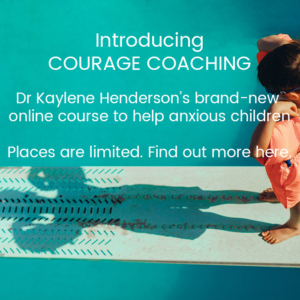Sleep Tips For Young Children: How Much Is Enough and Why Sleep Is So Important
Did you know young children spend approximately half their lives asleep?
Children’s brains and bodies need this much sleep, since sleep is critically important for:
- Brain development
- Attention, concentration, memory and learning
- Growing bodies
- Physical energy
- A child’s mood and ability to cope with stress and upsets
- Keeping the immune system working well
Babies and young children have greater requirements for sleep than we sometimes realise. While there will be natural variation between children, it’s helpful to have an idea of these average sleep requirements.
Average sleep requirements for infants and young children:
At 0-2 months of age: 12-18 hours per day
At 2-12 months of age: 14-15 hours per day
At 1-3 years of age: 12-15 hours per day
At 3-5 years of age: 11-13 hours per day
When children are not getting enough sleep, this can often be reflected in their behaviour. If your child is frequently misbehaving or struggling to manage his/her emotions, it’s worth considering whether an earlier bedtime or longer daytime nap might be helpful.
Tips to improve your child’s sleep:
- Early bedtime: When children stay up too late, they can become overstimulated and find it harder to wind down.
- Foods: Avoid sugary foods before bedtime. Some foods such as cherries, bananas and warm milk contain natural substances that make it easier to relax and drift off to sleep.
- Avoid screen-time: Screens such as TVs and hand held devices emit bright light and often fast moving imagery which make it harder for our brains to wind down and fall asleep.
- Consistent bedtime routine: Having a consistent bedtime routine is helpful so that children learn to associate this routine with sleep. An example is dinner, bath-time, teeth brushing, story time and bed. For babies, consider singing the same song to them each night as you carry them to bed so that they learn to predict that it’s time to sleep.
- Beds are for sleeping: Make sure your child’s bedroom is dark or dimly lit using a night-light. It also helps children relax at night when their bedrooms are welcoming, comfortable places in which to sleep and not places where they are sent for punishment.
- Wind-down routine: If your little one has particular difficulty winding down or calming his/her mind before sleep, consider trying a guided meditation together. There are lovely guided meditations developed specifically to help young children get to sleep at night. You can look for these CDs in your library or download one online.
Dr Kaylene Henderson is passionate about sharing practical, research based advice to help you feel more calm and confident while raising kind, resilient and socially and emotionally healthy children.
And here for the corresponding course series for early childhood professionals, Raising Good Kids: Managing Behaviour and Emotions in Early Childhood Care and Education Settings.




